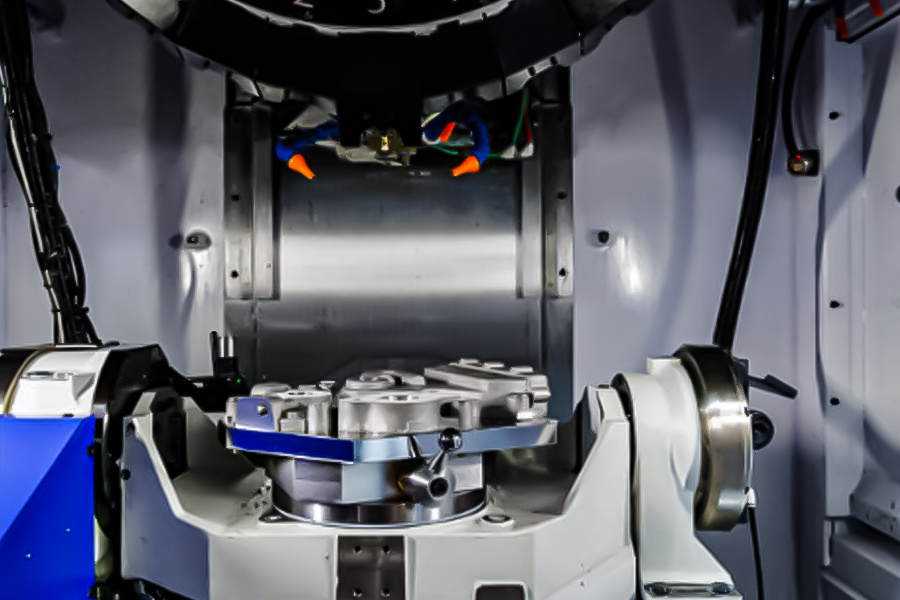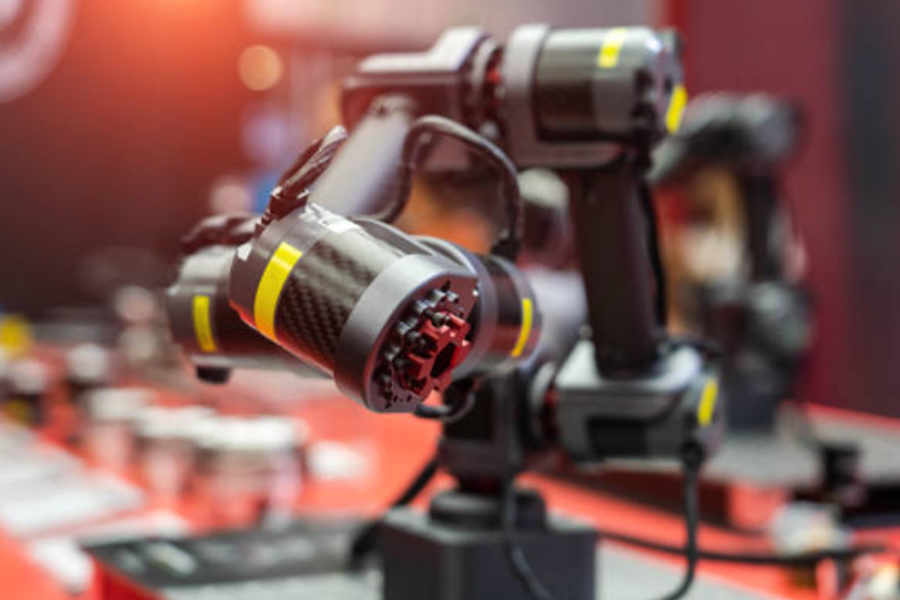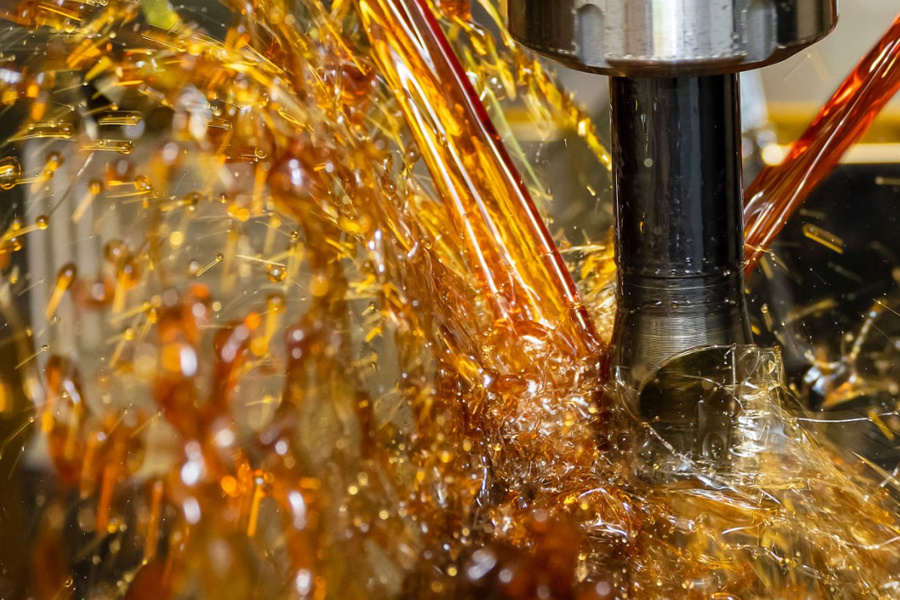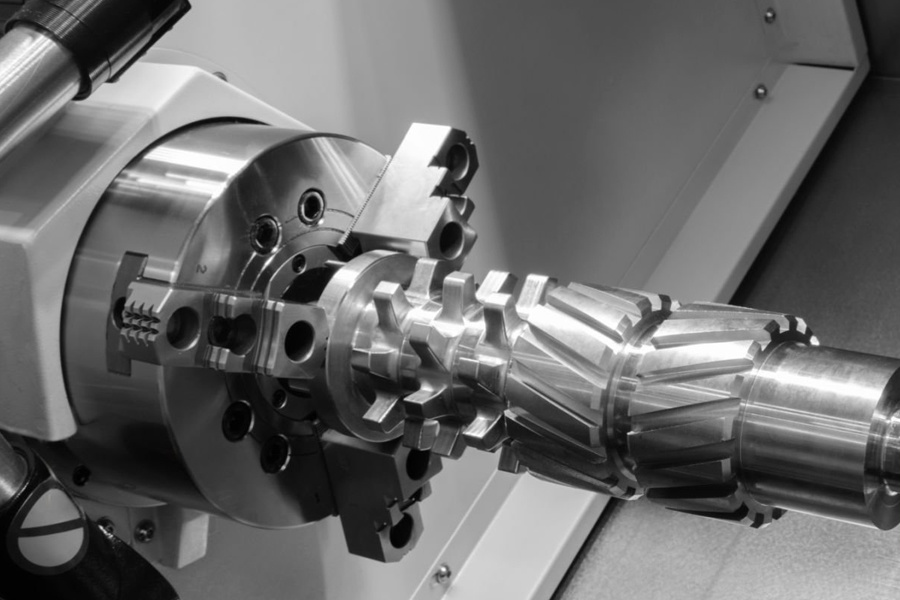CNC machining multi-axis linkage accurately processes tooth profile and journal size
Release time:
2025-06-28
CNC machining technology plays a core role in the machining of precision gears and shaft parts, achieving high-precision micron-level precision, significantly improving the wear resistance and fatigue resistance of parts, and ensuring the stable operation and high quality of the transmission system. In modern industrial manufacturing, its application in automobile manufacturing, precision instruments, industrial equipment and other fields has significantly improved the overall quality.
In the core field of modern industrial manufacturing, the processing quality of precision gears and shaft parts directly determines the performance and life of the transmission system. CNC machining technology, with its advanced numerical control system and strict process control, has become the core means to achieve micron-level precision of such key components. This high-precision machining capability not only ensures the dimensional consistency of parts, but also establishes their reliable position as the cornerstone of quality in the fields of industrial equipment, automobile manufacturing and precision instruments. The following will explore in depth the core technical advantages of CNC machining and how it gives parts excellent wear resistance and fatigue resistance.
CNC machining core technology
The core technology of CNC machining relies on advanced computer numerical control systems, which control the servo drive and motion trajectory of machine tools through high-precision programming to achieve precise cutting of complex geometric shapes. The system integrates real-time feedback mechanism and closed-loop control to ensure dynamic adjustment of cutting force, speed and feed rate during machining, effectively eliminating human errors. In the manufacture of precision gears and shaft parts, these technologies, combined with multi-axis linkage capabilities, can accurately process tooth profiles and journal dimensions, laying the foundation for micron-level precision. At the same time, strict process parameter optimization, such as tool selection and cooling strategy, further improves surface finish and dimensional consistency, supporting the reliability requirements of industrial equipment.

Micron-level precision performance advantage
The micron-level precision achieved through CNC machining significantly improves the performance of precision gears and shaft parts. This high level of precision effectively reduces friction loss between components, greatly enhances wear resistance and fatigue resistance, and ensures that the transmission system remains efficient and stable during high-speed operation. At the same time, strict dimensional consistency avoids tolerance accumulation problems and ensures assembly accuracy. In industrial equipment, automobile manufacturing and precision instrument applications, these advantages directly translate into longer service life and reliable operating efficiency, providing solid support for overall quality.
Industrial quality foundation guarantee
In the core areas of industrial manufacturing, precision gears and shaft parts have become an indispensable quality foundation for many key equipment with their micron-level precision achieved through CNC machining. This nearly stringent dimensional consistency and excellent mechanical properties - including excellent wear resistance and fatigue resistance - directly guarantee the long-term high efficiency and stable operation of the transmission system. Especially in scenarios such as the powertrain of automobile manufacturing, the precision joints of industrial robots, and high-precision measuring instruments, the reliability of these core components is crucial. They are subjected to continuous high loads and complex motion conditions. Their excellent processing quality ensures that key equipment can serve with the lowest failure rate and the longest operating life, providing solid and reliable performance support for the entire industrial system.
With the micron-level precision achieved by CNC processing, precision gears and shaft parts show excellent performance in the transmission system, which not only ensures efficient and stable operation, but also significantly improves wear resistance and fatigue resistance. Combined with strict process control, this technology has laid a solid quality foundation for the fields of industrial equipment, automobile manufacturing and precision instruments, and continues to promote industry innovation and reliability. In the future, with the iterative optimization of CNC technology, this high-precision manufacturing will continue to strengthen the dimensional consistency of core components, support a wider range of application scenarios, and help the overall industrial development move towards higher standards.
Related Products
CNC machining multi-axis linkage accurately processes tooth profile and journal size
CNC machining technology plays a core role in the machining of precision gears and shaft parts, achieving high-precision micron-level precision, significantly improving the wear resistance and fatigue resistance of parts, and ensuring the stable operation and high quality of the transmission system. In modern industrial manufacturing, its application in automobile manufacturing, precision instruments, industrial equipment and other fields has significantly improved the overall quality.
2025-06-28
Automotive precision parts processing: Use high-precision gears to drive the future of new energy
The development of new energy vehicles has put forward higher requirements for the precision of parts. The breakthrough of micron-level manufacturing technology has laid the foundation for the stable operation of the power system. High-precision gears are innovatively applied in the energy conversion system of new energy vehicles, which reduces friction loss, improves transmission efficiency and prolongs gear life.
2025-06-18
The manufacturing process of precision accessories in modern medical equipment, especially the use of core processing technologies such as CNC turning and laser micro-welding to achieve precise manufacturing in complex medical scenarios. These technologies not only require precise dimensional control, but also must meet biocompatibility and long-term stability.
2025-06-14
Five-axis machining centers have gradually become the core equipment for the manufacture of complex parts due to their multi-dimensional dynamic machining capabilities. Compared with four-axis equipment, five-axis machining centers significantly improve the machining accuracy and surface quality of special-shaped structural parts through multi-angle synchronous cutting, shortening the production cycle.
2025-06-11











